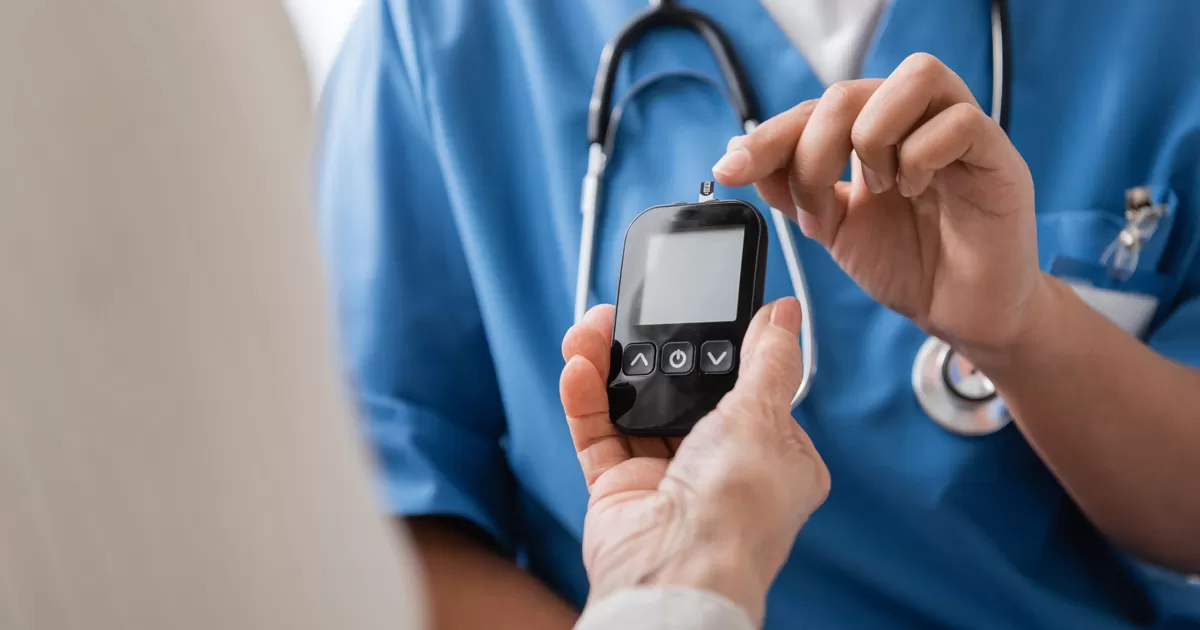Thyroid Gland
The Thyroid Gland is a butterfly-shaped organ located in the front part of our neck, weighing about 20 grams.
What does the Thyroid do?
The Thyroid Gland is under the control of the Pituitary Gland and Hypothalamus. It produces and releases Thyroid hormone into the blood stream.
The importance of Thyroid Gland is to aid the function of especially the Heart and Brain. The Thyroid also controls the body’s metabolism, digestion of fat, body temperature, muscle, hair and skin. Any change may be because of Thyroid dysfunction.
Thyroid Disease
1.
Hyperthyroidism
There are three types of Hyperthyroidism; Graves’ disease, Toxic Multinodular and Toxic nodule.
Current research says an immunodeficiency develops when an immune system defends the body against disease and it can over-stimulate the Thyroid Gland. When the Thyroid hormone in blood is high, it will increase the rate of metabolism in the body.
Symptoms
These three types have the same basic symptoms which are exhaustion, racing heartbeat, weight loss, sweating, menstrual changes, skin problems ( dry or itchy), muscle weakness and swollen/puffy eyes.
Treatment
- Anti-thyroid Medicine There are two types of medications; Propylthiouracil and Methimazole to treat hyperthyroidism. Side effects include a decrease of blood cells, rashes and may produce Hepatitis.
- Radioactive Iodine Radioactive Iodine will destroy the Thyroid and reduce the size of it to slow the production of Thyroid hormone. This treatment has fewer side effects.
- Thyroid Surgery This is needed when the patient has difficulty in breathing . Surgery is the fastest way in Thyroid treatment but there is a side effect in that it may lower the level of calcium.
2.
Hypothyroidism
It is the condition where Thyroid Hormone production is reduced. Common causes are surgery and radioactive iodine. Pituitary Gland dysfunction is the second most common cause.
Symptoms
The symptoms are an impaired memory, unexplained weight gain, increased sensitivity to cold, hair loss, dry skin, swollen face, indigestion. These symptoms develop slowly, if the treatment is not started once the symptoms appear it can affect cholesterol levels and heart conditions.
Treatment
long-term intake Thyroid hormone medicine.
3.
Thyroiditis
there are two types of disease;
Subacute Thyroiditis is an inflamed thyroid. Patient will run a temperature and the Thyroid Gland is swollen (Goiter) and painful when touched. The symptom can be treated by taking steroids. The Thyroid will reduce in 1-2 weeks and will be fully recovered in 3-6 months, but must be followed up closely.
Immune dysfunction will result in a condition called Hashimoto thyroiditis. The symptoms are an enlarged neck but no pain when touching it. Antibodies in blood test will help in diagnosis as well as taking Thyroid Hormone and follow-up the conditions closely.
4.
Thyroid Nodule
This condition is where the Thyroid Gland is enlarged but Thyroid hormone production level is normal. There are two types of Thyroid Nodules that can lead to cancer; ‘Single Thyroid Nodule’ and ‘Multinodular Goiter’, and it needs scanning and diagnostic laboratory testing to identify type of cancer and treatment.
5.
Thyroid Cancer
The condition can generally be cured but can be fatal. It is one of dominant genetic conditions found in patients with a family history of Thyroid cancer.
Immediate concerns when a lump or swelling is found around or in neck area
- Age less than 20 or over 60 years old
- Have a hard nodule and swollen lymph glands
- Difficulty in swallowing or breathing
- History of Adrenal Gland Cancer in immediate family
Scanning and diagnostic laboratory test s are needed to identify the type of cancer.
6.
Occult Cancer
There are two types of these cancers; Subclinical Hypothyroidism and Subclinical Hyperthyroidism. The patients will not notice any symptoms and these are found at an annual check-up.
Treatment
Not every patient will need treatment as the doctors will diagnose individually to see who needs treatment. Hormone levels need careful follow up.
When to get The Thyroid Gland check-up?
- The level of Thyroid Hormone is too high or low.
- Following a blood test and finding that Thyroid hormone level is unusual.
- Previously had a Thyroid treatment such as Thyroid surgery or taking radioactive iodine.
- History of Thyroid disease in immediate family.
- Patient with Type 1 Diabetes
- Infertility
- Graves’ disease
Frequently Asked Questions
1
. Can Thyroid patients have a baby?
Answer:
If the Thyroid Hormone in patients is low and their Thyroid hormone is being treated. There is no danger for expectant mothers because the medicine will not harm the fetus. Some cases may need to increase the amount of Thyroid hormone medicine in the first 3 months of pregnancy as the fetus will start producing hormones for itself when the gestational age is more than three months.
2.
Is taking long-term Thyroid hormone risky?
Answer:
Not dangerous if taking medicine as the doctor’s advice. Thyroid hormone is very important for our body as it will affect every cell, organ and body function. If the Thyroid hormone level is too high or low, it will cause body dysfunctional.
3.
What kind of food should Thyroid patients need to consider?
Answer:
nothing to worry about. They can have normal food and no need to take supplement s.
4.
How will the patients know that the lump or swelling in the neck is cancer or not?
Answer:
– The greatest risk will be found in males age under 20 years old, where the lump is growing and they will have difficulty in swallowing and breathing. If these symptoms are found, the patient needs to consult with the doctor immediately.
– The best way to diagnose the condition is to have a scan and laboratory tests and examination by a specialist.






